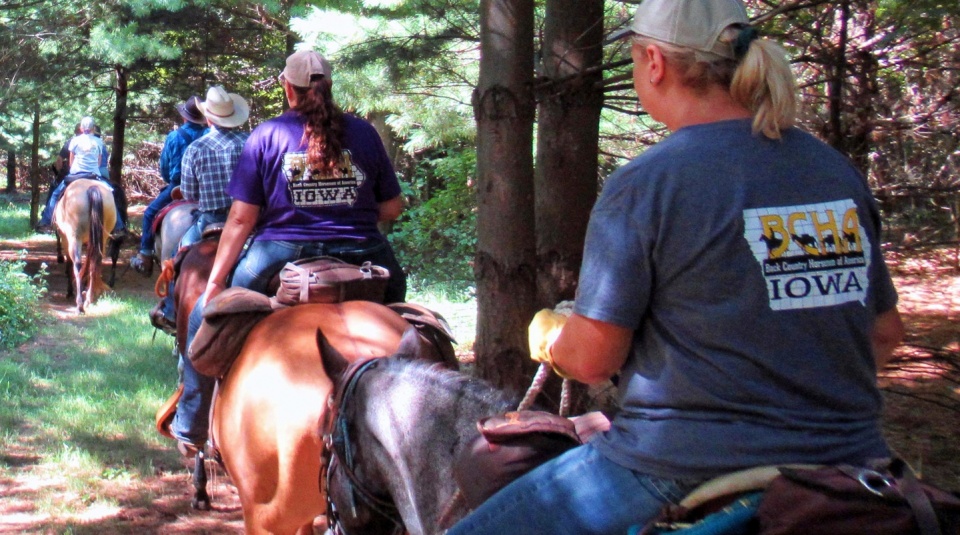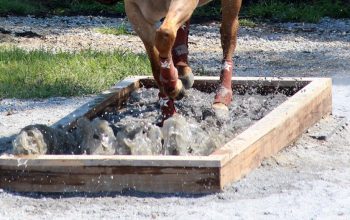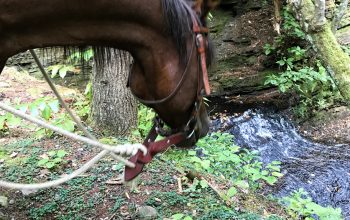
Our Public Lands Story
The 1964 Wilderness Act established a National Wilderness Preservation System of federal lands “where the earth and its community of life are untrammeled by man, where man himself is a visitor who does not remain.” The act designated 54 wilderness areas with 9.1 million acres within the national forests and reserved to Congress the authority to add areas to the system. Congress has enacted 117 subsequent statutes designating wilderness areas (including one with 16 wilderness-related subtitles) and 8 other statutes requiring wilderness study or otherwise significantly affecting wilderness areas. Many of these statutes provide management direction for designated areas that differ from the Wilderness Act provisions. As of December 31, 2010, the system totaled 759 wilderness areas with 109.7 million acres of federal land.
Our Public Lands
There has been a lot of attention recently about Public Lands and where America is headed with the management of those lands. Further, anyone who recreates on America’s public lands is often exposed to unfamiliar terms and may not understand the differences. The Wilderness Act focuses on wilderness areas but what about our other public lands? These lands are owned “equally” by all Americans. There are 618 million acres of public land across the U.S., with a significant portion in Alaska and the western U.S. The total U.S. land base is 2.27 billion acres in size. A discussion by Mac Long titled, “Our Vast Public Lands, Owned Equally by all Americans” discusses the differences in our public lands and what it means to you.
We Protect Our Public Lands
We protect our public lands and our right to access them.
National presence on the “Hill” – representatives from the Public Liaison Committee make several trips to Washington, D.C. annually to

maintain our visibility with our legislators. (Local contacts with the legislators is also extremely important.)
You can help by voicing your opinion to Legislation that will affect our rights to access public lands. From time to time we will alert our members and ask you to act by contacting your congress members on important issues!
“One voice can change a room, and if one voice can change a room, then it can change a city, and if it can change a city, it can change a state, and if it can change a state, it can change a nation, and if it can change a nation, it can change the world. Your voice can change the world.”
— President Obama
Getting Involved
We are volunteer driven! Get involved and help us to protect our American trails for future generations. Put your skills to work and Join a Back Country Horseman Chapter, be part of a work party to clear your favorite trail, teach Leave No Trace ethics, get to know your local forest manager and complete a trail project, motivate your friends to help, become a leader, start a state or chapter organization, learn a skill to help us, or make a donation!

Help Maintain Trails
When we come across impediments in our trails, we dispatch a workgroup to clear that trail for all user groups. You can be a part of these workgroups if that appeals to you, but there is no pressure to do so. We welcome riders of all types, ages, and interests into our chapters!
A Crisis In Trails
All around America, BCHA volunteer members contribute thousands of hours each year keeping trails maintained and open on federal and state owned public land. Yet there is an overwhelming crisis caused by the trail-maintenance backlog on our National Forests. In 2014 the Government Accountability Office (GAO) reported that U.S. Forest Service is responsible for 158,000 miles of trails throughout 155 National Forests and National Grasslands. Yet in 2014 only one-quarter of its trail miles meet agency standards for public use.
This “backlog” in trail maintenance has only grown worse over the years. Trail users have witnessed deteriorating condition of forest trails that, in many cases, prevent public access as a result of their unsafe or impassible condition.
Unfortunately for all trail users. Congress continues to view public lands funding as a low priority. BCHA and similar organizations will be expected to maintain more trail miles each year. If BCHA and others do not provide this maintenance service, trails will grow over from neglect and public access will become increasingly limited.
How You Can Be Part of the Solution
Partner with us and our amazing volunteer members by donating to the BCHA TRAILS FOREVER FUND. This fund supports the growth and future of BCHA, allowing us to continue our work nationally to protect trails.
_______________________________________________________





